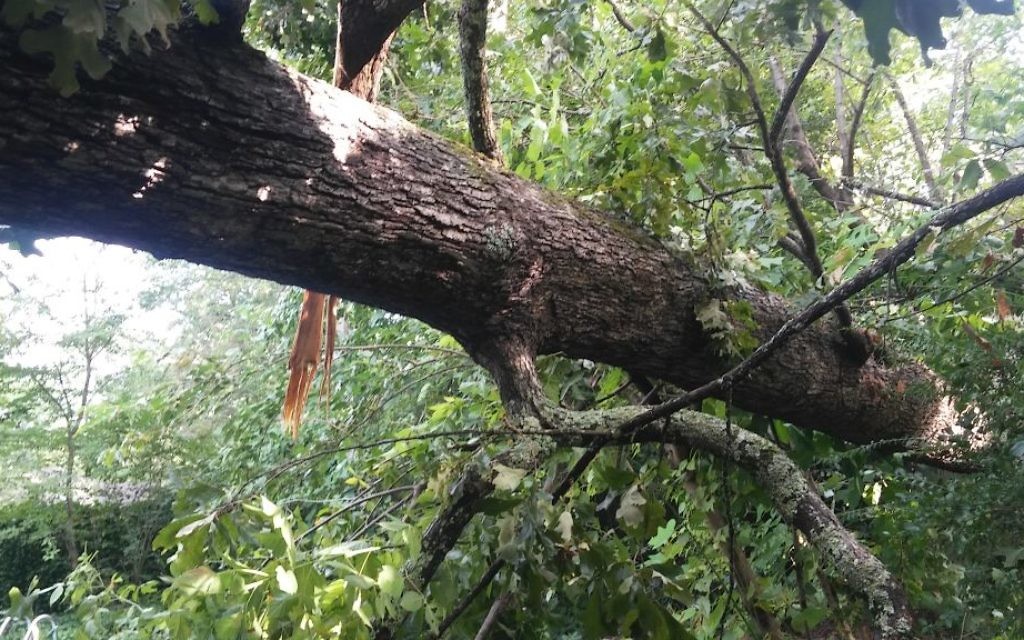Dor Tamid: We Have the Power to Change Course
"Unetaneh Tokef" guides us with three ways to alter the divine decree for 5778.

As I sat down to write this piece, I was watching continuous weather reports about the incoming Hurricane Irma and its potential impact to our communities, and I could not help but think of one of the central prayers of our High Holiday liturgy, Unetaneh Tokef.
This liturgical poem posits that on Rosh Hashanah, G-d judges each of us, deciding who will live and who will die, who by fire and who by water.
Untold property damage occurred, and many lives were lost as Harvey hit Texas and Irma hit the Caribbean, Florida and Georgia. Were those losses, or the ones from illness, other natural disasters or random violence, divine punishment for our sins? Unetaneh Tokef would seem to suggest that the answer is yes.
Get The AJT Newsletter by email and never miss our top stories Free Sign Up
For as Rabbi Larry Hoffman writes in his book “Who by Fire, Who by Water?” (Jewish Lights Publishing), the poem “assumes a vertical relationship between G-d, the (ruler), and human beings, (G-d’s) servants. (God) has the power, and we are the slaves, simply and passively dependent upon (G-d’s) goodwill or bad plans for our future. … (It) seems to say ‘There is nothing you can do but accept the decree.’ ”
And yet, being a Jew empowers us to act as G-d’s partner, not as G-d’s slave. We know that our actions do have consequences, and yet there is no set formula, no steadfast set of rules that mete out our rewards and punishments. For we know that in this world the wicked often succeed, and the good often suffer.
So the true power of Unetaneh Tokef is that it causes each of us to ask these questions of ourselves and our Creator. Why do these blessings and tragedies occur? And if we are co-creators with G-d, how can we, through a process of cheshbon hanefesh, the accounting of our souls, put our lives on the right path?
And yet, Unetaneh Tokef provides an answer too. We read of the potent antidote to the judgment: u’teshuvah u’tefillah u’tzedakah ma’avirin et roa hag’zerirah. Repentance, prayer and charity can temper the harshness of the decree.
These words tell us to take stock of who we are, and, if we do not like what we see, there are three paths to take that can help us change the course and direction of our lives.
These are not an antidote to the ills that befall us or those we love. But they can lessen the “harshness of the decree.” In other words, when we examine our lives and do not like what we see, we have the ability to change our viewpoint and our actions. We have the ability to make a change to who we are through teshuvah, connect with the other and find holiness through tefillah, and make a lasting impact for the betterment of our world through tzedakah.
That is the power of Unetaneh Tokef.
We are reminded by this poem, and by these holy days, that human life is fragile, vulnerable and finite. But each one of us possesses the ability to change our outlook through the threefold prescription that we are given. That is the challenge that we must accept as we approach this new year.
Shana tova.
Rabbi Jordan Ottenstein is the new spiritual leader of Congregation Dor Tamid.




comments